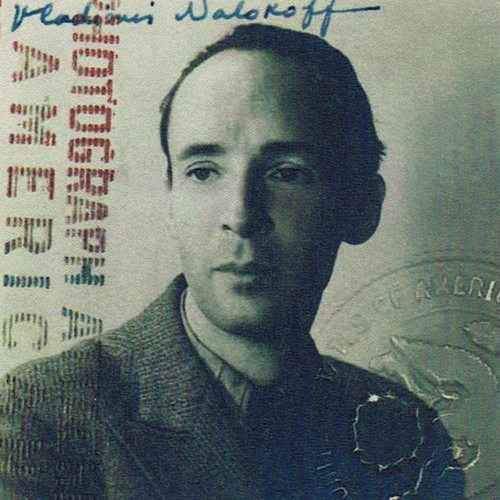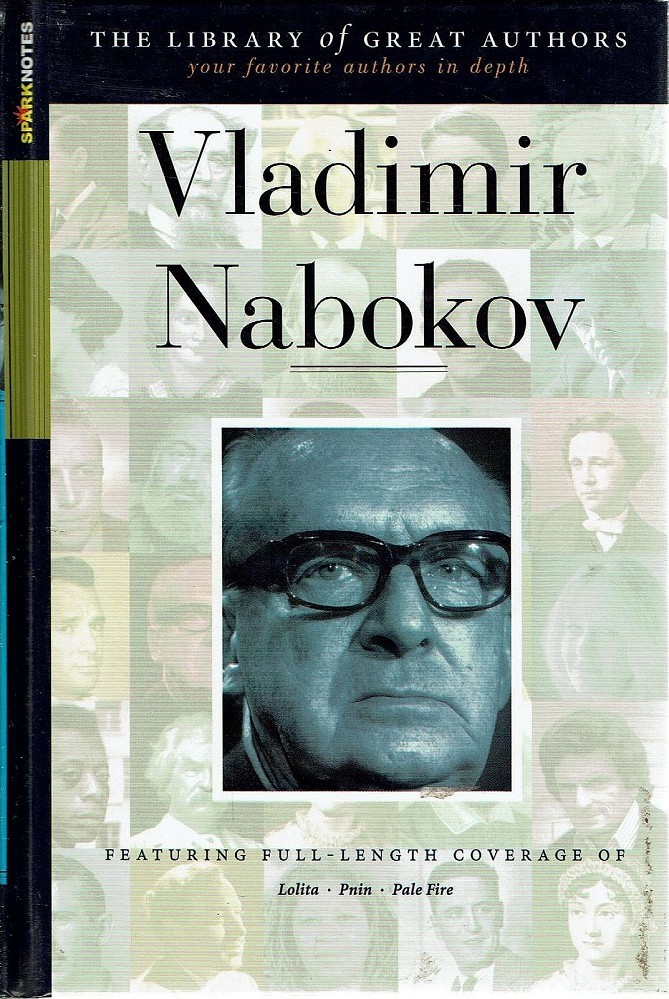

Navokov too was consumed by memory all the time, which he describes as hereditary. Proust and Nabokov have more in common than mere writing styles, though. They led the way to a veritable Eden of visual and tactile sensations” (24). “How small the cosmos (a kangaroo’s pouch would hold it), how paltry and puny in comparison to human consciousness, to a single individual recollection, and its expression in words! I may be inordinately fond of my earliest impressions, but then I have reason to be grateful to them. Nabokov’s immense imagery channels Proust, and I find it difficult to overlook the images Nabokov is capable of creating in my mind.

It’s apparent that Proust was an influence on Nabokov, but referring to Proust is one thing – writing like Proust is another. He even uses the word Proustian to describe the illnesses suffered by his Uncle Ruka. Nabokov constantly uses place to spark his memory, and in doing so creates a bit of a memory theater of his own. In reading Vladimir Nabokov’s Speak, Memory, it takes little more than the opening paragraph to realize why it’s an ideal, Proustian representation of autobiography. Some are aural, others are optical, and by none have I profited much” (33). “As far back as I remember myself (with interest, with amusement, seldom with admiration or disgust), I have been subject to mild hallucinations.


 0 kommentar(er)
0 kommentar(er)
